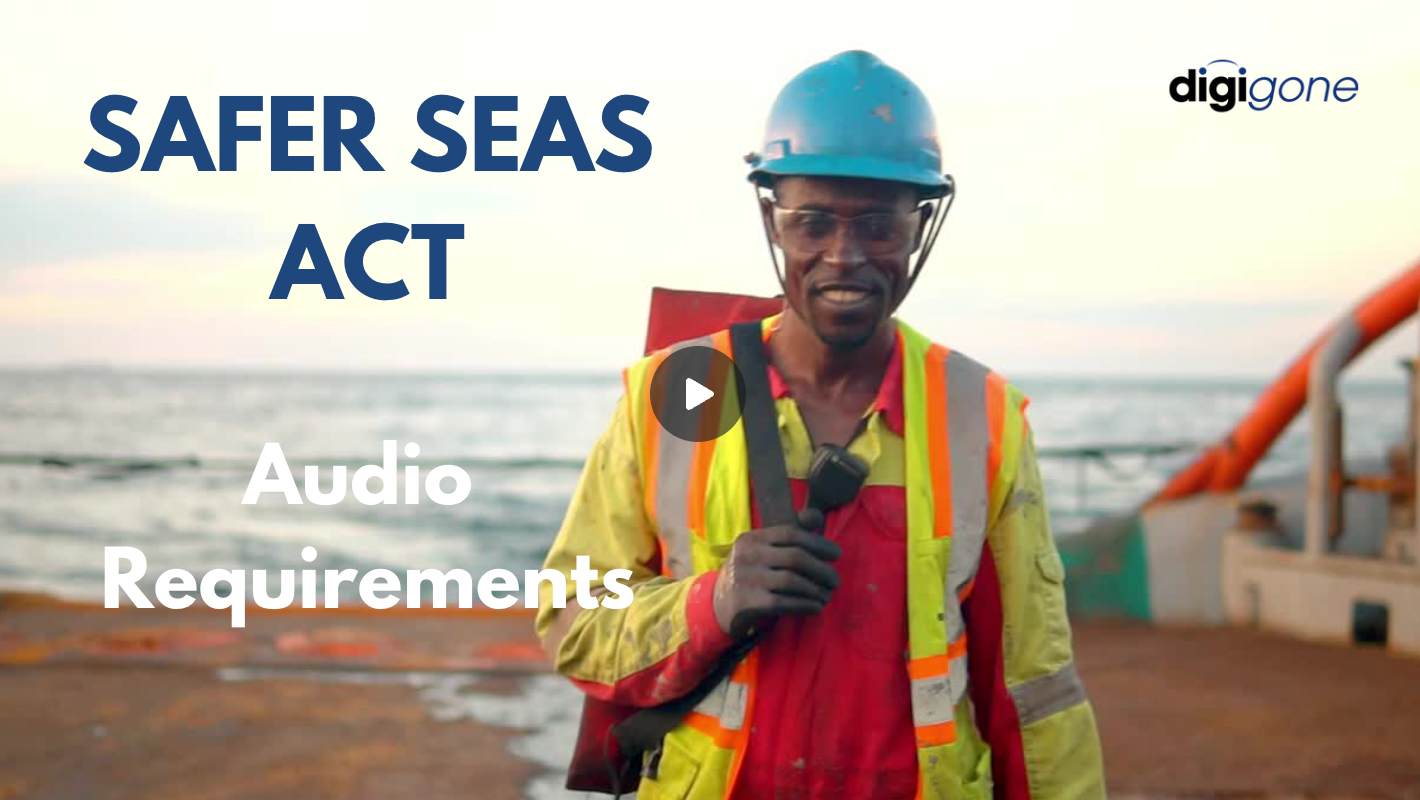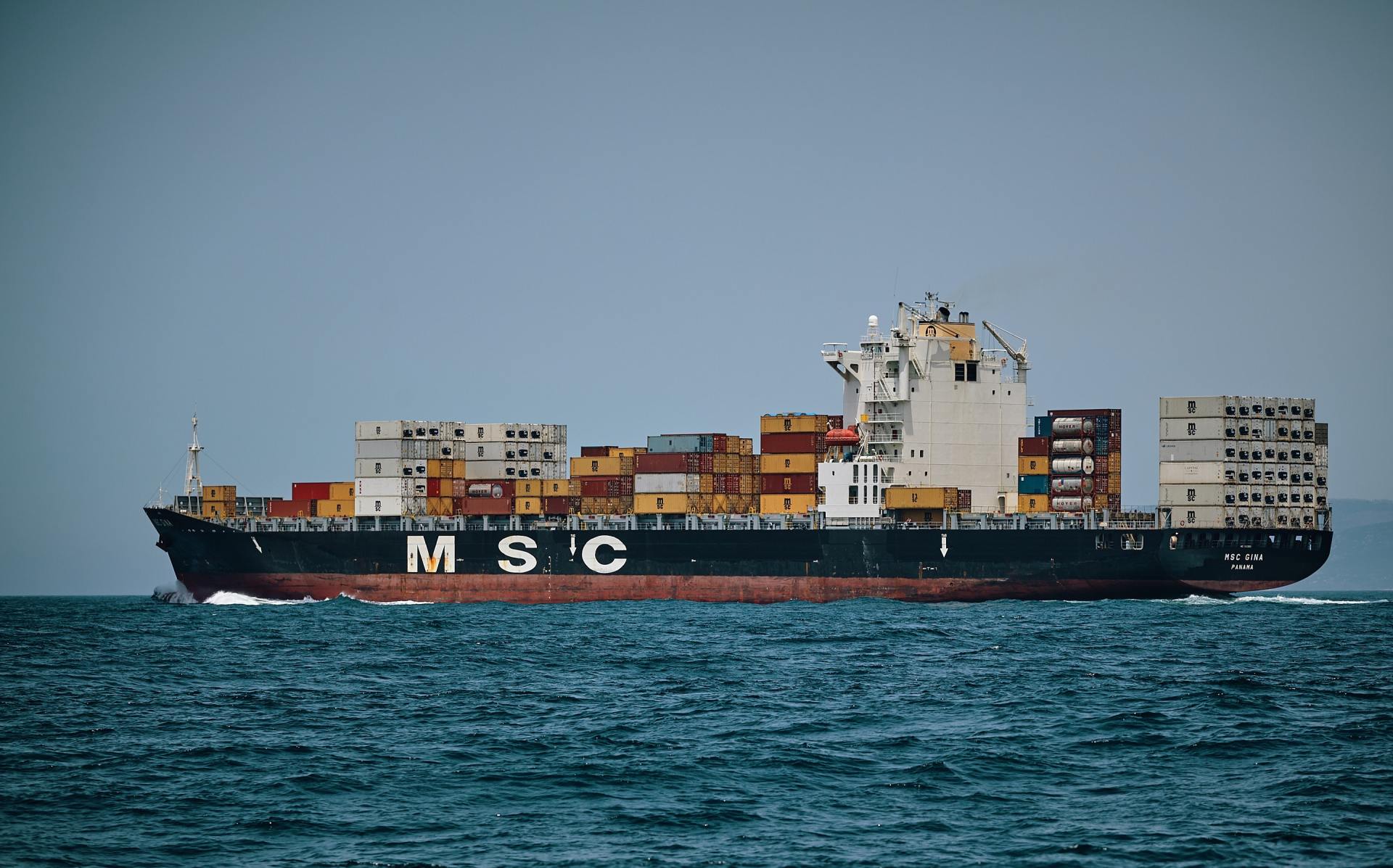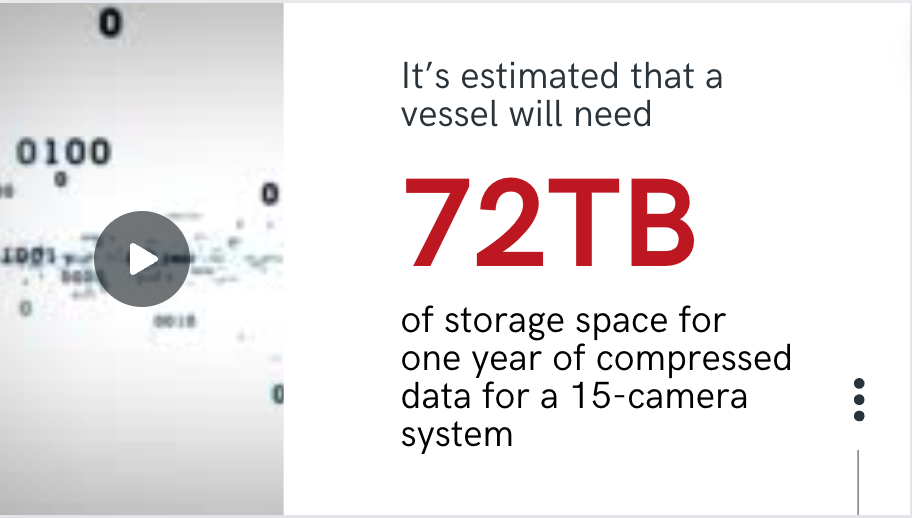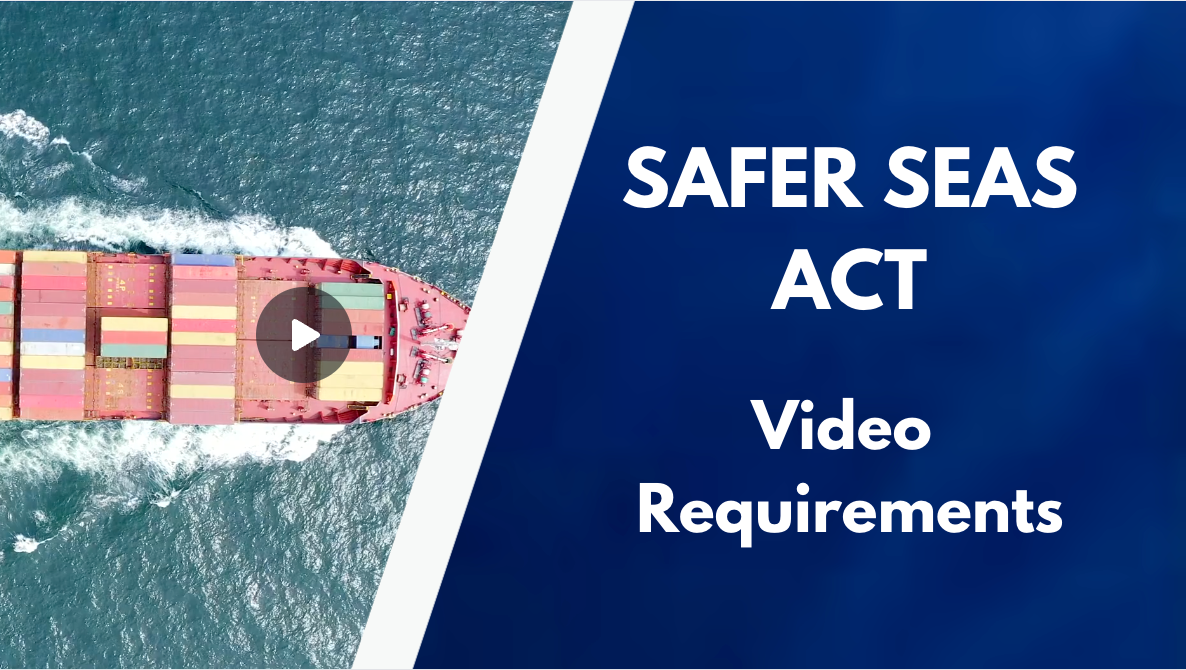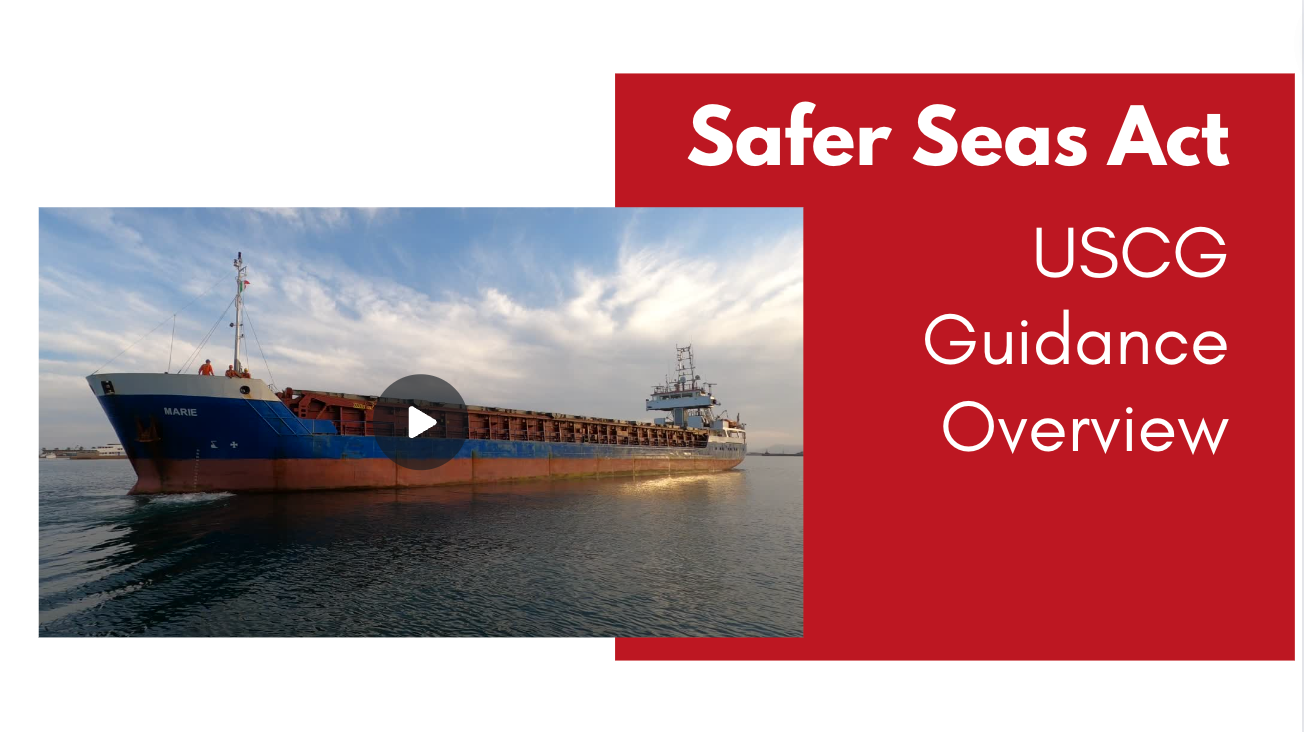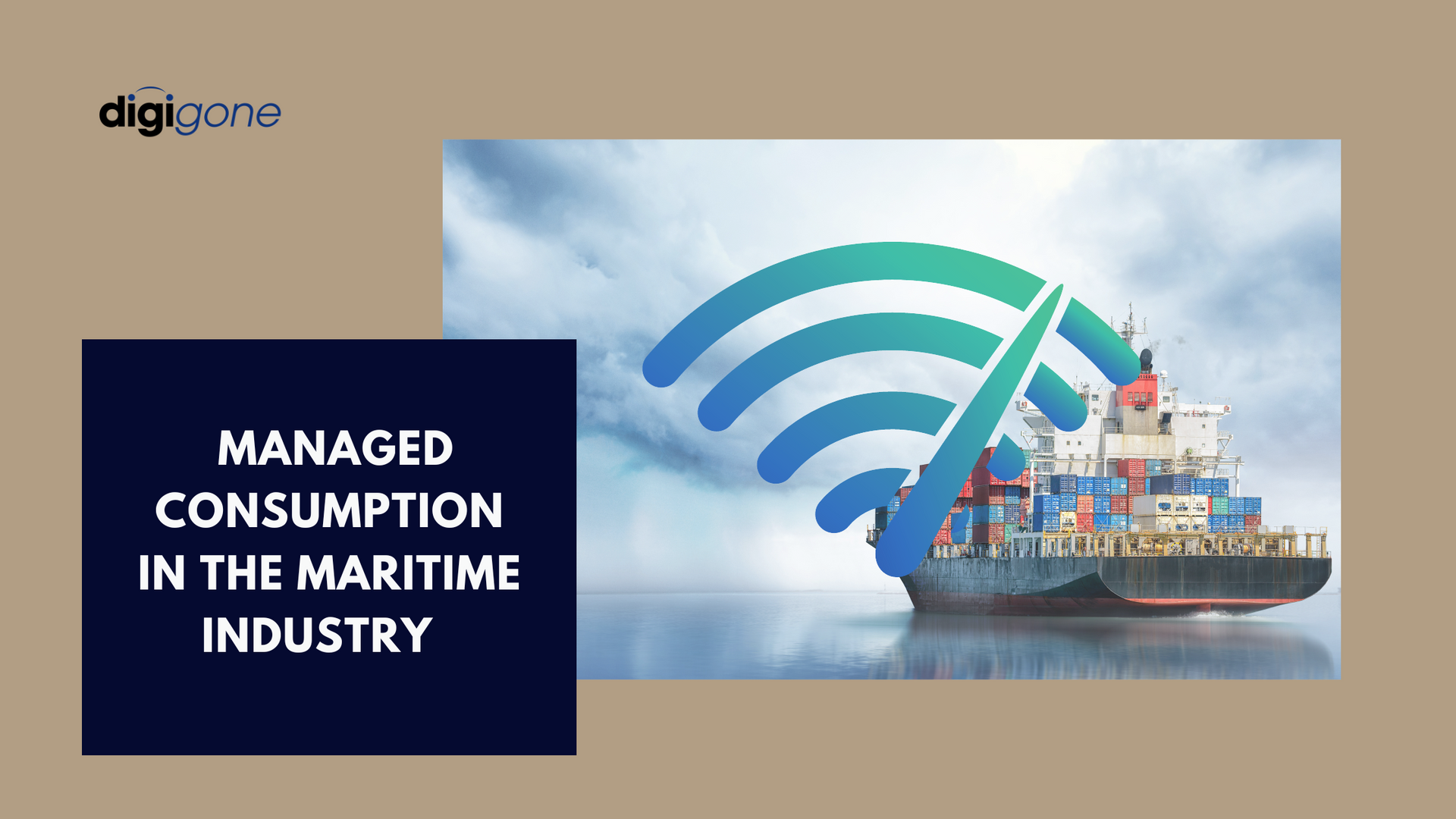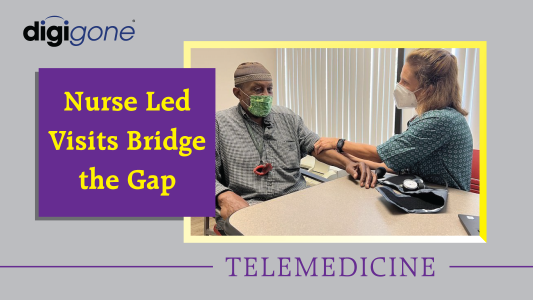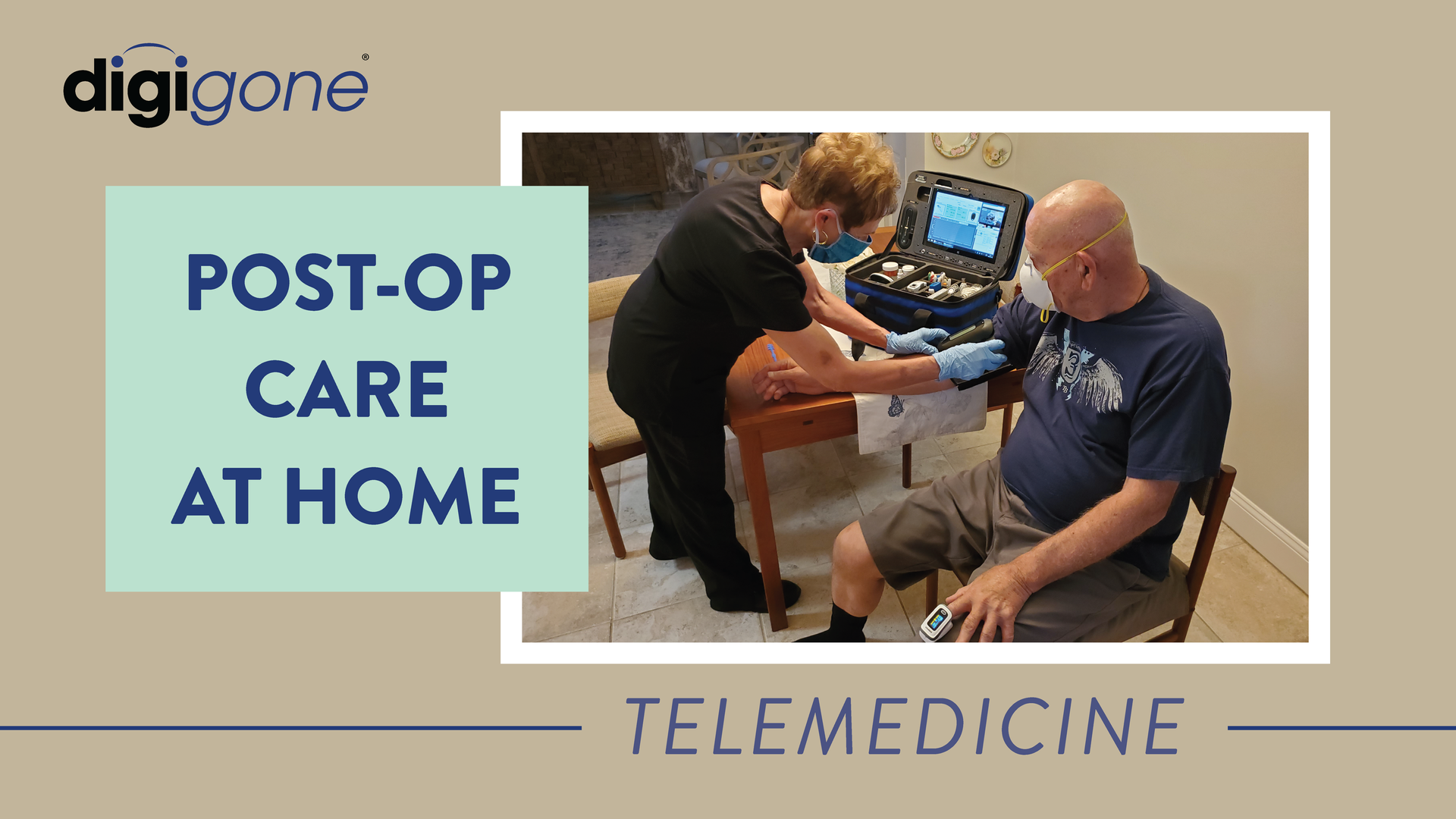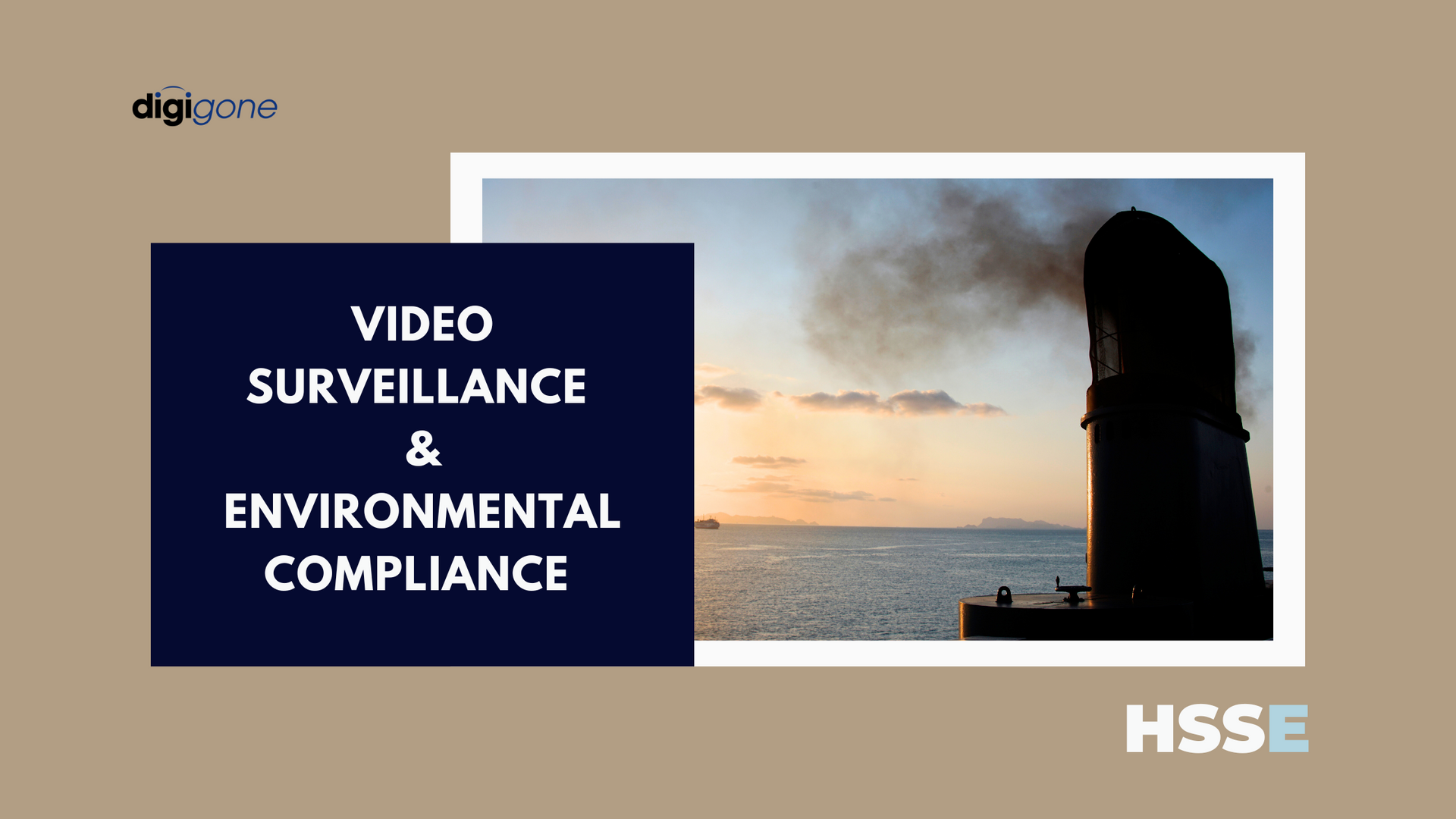Maritime Telemedicine: Capital Expense or Cost-Saving Investment?
In the world of commercial maritime transportation, the costs of diverting a ship for a medical emergency can be astronomical. But there are other factors to consider besides missed shipping deadlines, and there are costs beyond time and money. What is the value of your clients’ trust, for example? What is the value of a derailed project or lost access to knowledge and information?
Recently, Genavir, the French Research Institute for Exploitation of the Sea’s fleet (IFREMER), installed telemedicine kits aboard five of their vessels in order to prevent not just loss of life or limb, but also work interruptions. This research institute’s mandate is to add to the body of knowledge about underwater life through maritime exploration. Thereby, much of their funding for expeditions comes from the public purse by way of the French government.
Their research expeditions may take them far away from a port of call for two or three months at a time. If a vessel is diverted during a voyage for a medical emergency, the impact is devastating. The carefully planned research may be scrapped entirely, as it will not be possible to raise additional funding to begin again. Public funds are wasted on an expedition that has incomplete, often unusable results. The Institute may even become a funding risk in the eyes of politicians who will find themselves unwilling to divert more public money into a research institution that has failed to deliver on their funding promises.
This scenario could happen to any research facility or commercial maritime enterprise. IFREMER’s foresight in equipping their vessels with telemedicine kits ensures that if a medical emergency happens, their team can deal with it in the most efficient way possible. If a crew member or a researcher sustains an injury, timely access to medical care can ensure the research will continue uninterrupted.
Mobile telemedicine is an excellent cost-saving measure for commercial maritime industries. The cost of a unit aboard a vessel is much less than the cost of an emergency medevac, and the costs for diverting to an unscheduled port can be incalculable if they cause a partnership to break down over a missed shipment deadline. The boost to morale and confidence of your crew is also inestimable. Knowing that mobile telemedicine is available is like having a doctor on-call 24/7. Telemedicine kits are not just for dire emergencies. Accidents like slips, trips and falls or cuts and abrasions are common on board ships, and the advice of a doctor can prevent the injury from becoming more serious.
Sources:
https://www.marinemec.com/news/view,telemedicine-should-be-mandatory-on-ships_55966.htm
https://marlink.com/integrated-telemedicine-solution-supports-genavir-crew-and-scientist-welfare/

